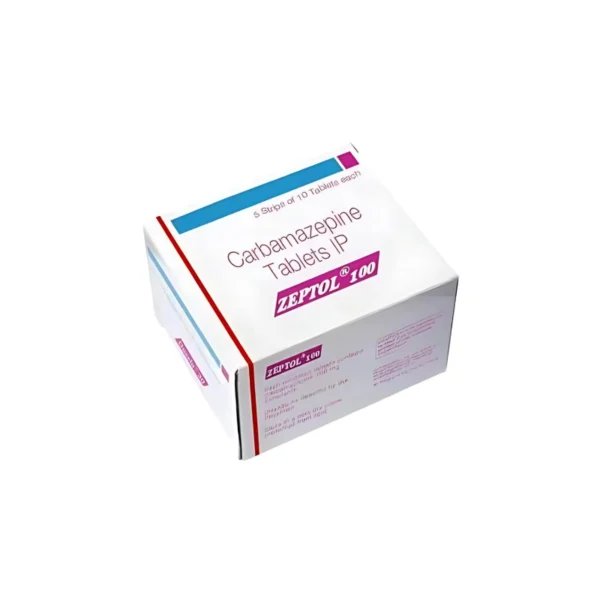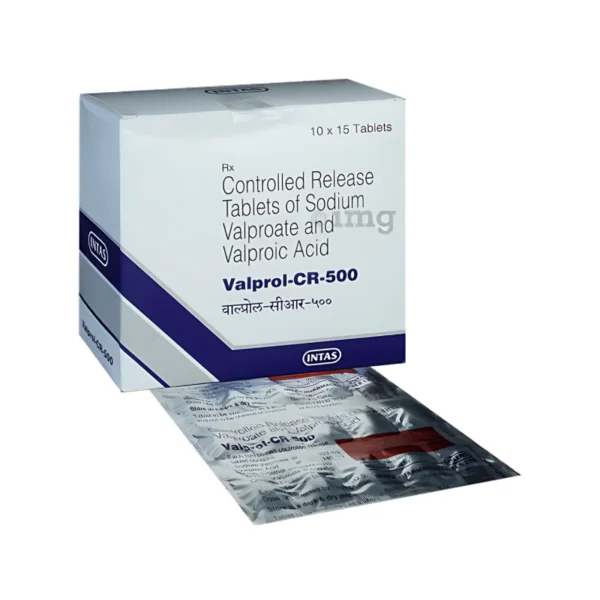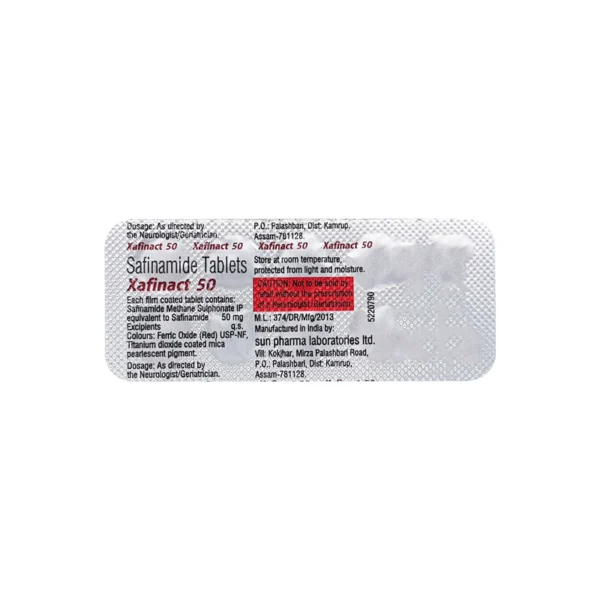FLAT 10% OFF ON YOUR FIRST ORDER. USE IVER10
Sensival Tablet (Nortriptyline)
Price range: $15.00 through $70.00
Sensival Tablet (Generic Nortriptyline or Similar) is a tricyclic antidepressant used to treat a range of conditions, including depression, nighttime bedwetting in children, and neuropathic pain. It works by restoring the balance of mood-related brain chemicals (serotonin and norepinephrine), which also help regulate pain signals and bladder function. Sensival is typically taken at bedtime due to its sedative effect and can be used alone or alongside other therapies. Side effects like dry mouth, drowsiness, or dizziness are generally mild but should be monitored. Abrupt discontinuation is not advised—always taper under medical supervision.
- Buy 2 and get Flat 15% Off. Use B2SAVE15
- Buy 3 and get Flat 20% Off. Use B3SAVE20
Sensival Tablet (Tricyclic Antidepressant) – Treatment for Depression, Bedwetting & Neuropathic Pain
Sensival Tablet is a tricyclic antidepressant primarily used to treat depression, nocturnal enuresis (bedwetting), and neuropathic pain. It works by increasing levels of mood-stabilizing chemical messengers in the brain. For best results, take this medication at bedtime due to its potential drowsiness effects. While it can be taken with or without food, maintaining a fixed daily schedule enhances efficacy. Always follow your doctor’s prescribed dosage and duration. Note: Sudden discontinuation may cause withdrawal symptoms.
Uses of Sensival Tablet:
- Depression
- Nighttime bedwetting (nocturnal enuresis)
- Neuropathic pain
- Anxiety disorders
- Obsessive-compulsive disorder (OCD)
- Insomnia (as an adjunct)
Benefits of Sensival Tablet:
It effectively restores chemical balance in the brain, improving mood and behavior. For bedwetting, it reduces nighttime episodes by affecting bladder control. In neuropathic pain, it alters pain perception pathways for relief.
Side Effects of Sensival Tablet:
Common side effects (usually temporary):
- Dry mouth
- Constipation
- Blurred vision
- Drowsiness/dizziness
- Orthostatic hypotension (dizziness when standing)
- Weight gain
- Urinary retention
- Increased heart rate
Serious side effects (rare):
- Suicidal thoughts
- Severe heart rhythm changes
- Liver problems
How to Use Sensival Tablet?
Take exactly as prescribed, typically at bedtime. Swallow whole with water – do not crush or chew. May be taken with/without food, but consistency in timing is important. Never exceed the prescribed dose.
How Sensival Tablet Works?
As a tricyclic antidepressant, It inhibits the reuptake of serotonin and norepinephrine neurotransmitters, increasing their availability in the brain to regulate mood, pain perception, and bladder control functions.
Safety Advice:
- Alcohol: Strictly avoid – may cause dangerous sedation
- Pregnancy: Potentially harmful – consult doctor
- Breastfeeding: Likely unsafe – may pass to baby
- Driving: Unsafe – may impair alertness
- Kidney/Liver Disease: Use with caution – dose adjustments may be needed
- Elderly: Higher risk of side effects – close monitoring required
What If You Miss a Dose?
Take as soon as remembered unless close to next dose time. Never double dose. If missed multiple doses, contact your doctor as adjustment may be needed.
FAQs:
Q1. Can Sensival Tablet be used for nerve pain?
Yes, it’s effective for neuropathic pain – often described as shooting/burning pain with tingling/numbness. Your doctor may prescribe it alone or with other medications like gabapentin.
Q2. Is Sensival the same as amitriptyline?
They belong to the same drug class with similar mechanisms, but individual responses may vary. Never switch without medical advice.
Q3. How long until I see improvement?
For depression: 2-4 weeks for initial effects. Full benefits may take 6-8 weeks. For bedwetting/pain: Effects may be noticed sooner.
Q4. Can I stop taking Sensival suddenly?
No – abrupt stoppage may cause withdrawal symptoms (dizziness, nausea, headaches) and relapse. Always taper under medical supervision.
Q5. Does Sensival cause urinary problems?
Yes, especially in elderly patients. May cause difficulty urinating or increase UTI risk. Report any urinary symptoms promptly.
Q6. Why does it cause weight gain?
It may increase appetite and alter metabolism. Monitor weight regularly and maintain healthy diet/exercise routines.
Q7. What precautions are needed when starting Sensival?
Avoid alcohol, monitor for mood changes, rise slowly from sitting/lying positions, and report any severe side effects immediately.
| Strength | 25 mg |
|---|---|
| Pack Size | 30 Tablets, 60 Tablets, 90 Tablets |










Reviews
There are no reviews yet.